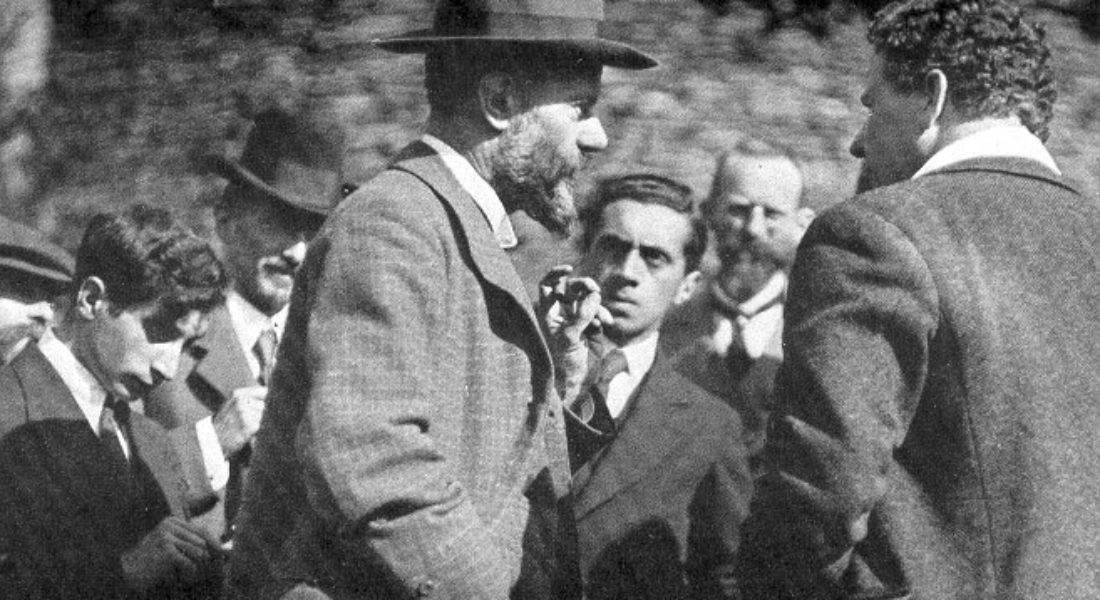The two best ways to identify lying are, first, understand and appreciate that it occurs frequently. Raising awareness and recognizing the threat is critical. Second, embrace training that will help you recognize warning signs, and then employ detection techniques when you review, prepare and question! German philosopher
Read more →Great listening skills are just one spoke in an interviewer’s wheel. Listening is integral to the whole process, but follow up is essential to proceed to the truth. Here are some of the most important follow up techniques to add to your toolbox: Show Encouragement! When your
Read more →Whether taking a statement under oath, conducting a non-accusatory interview, a job related screening or engaging in a business related or casual conversation, recognize that a significant percentage of those being questioned will intentionally edit, exaggerate, minimize and / or misrepresent something. One of the best ways
Read more →In a previous RNI Newsletter topic relating to nonverbal behaviors, I referenced psychologist Paul Ekman who has spent his career examining the relationship between facial expressions and deceptive remarks. As a student of the art of interviewing, you should be aware of his key findings: Facial expressions
Read more →This newsletter is regularly published to provide investigation tips to businesses owners, managers and HR personnel, claims personnel in the insurance industry and members of the legal community. Next week a regular issue will resume in that mission with Ethical Interviewing – Part 2. For this issue,
Read more →The last BCW Newsletter began a series relating to an interview strategy designed to uncover deceptive statements by increasing the interviewee’s cognative load. More about that approach this month. Disruptive Questioning is not for everyone; however, if your comfort zone permits, consider introducing one or more of
Read more →Interviewing is an art because you are always learning by doing…and learning how to do it better! My interviewing ability and yours are a work in progress, and to learn by doing one must be aware of their skill sets and practice and polish. So here are
Read more →Those interviewers who are good at developing an intuitive sense about a candidate’s suitability are generally persons who have a better understanding of those around them. Every message has two components, content and emotion or attitude. Those interviewers who have the most success at hiring good employees
Read more →There is a strong tendency to make a quick evaluation without first getting the full meaning. Patient listening should be followed by questions to increase the interviewer’s understanding of the candidate’s background. The listener’s own actions, i.e. body movements, eye contact, hand gestures, head nodding, facial expression
Read more →Two More Questioning Tips Ask simple questions such as “what happened?” Again, let the candidate completely respond uninterrupted. Ask follow up questions based on missing elements of information provided. Most people speak at a speed of about 125 words per minute. This is extremely slow compared
Read more →



